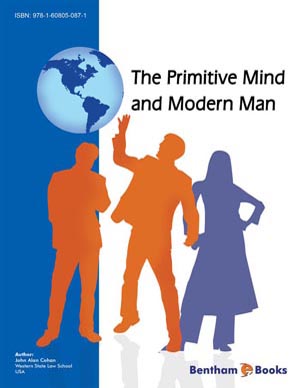Abstract
Altered states of consciousness are sought after for religious and spiritual purposes in cultures throughout the world. An altered state of consciousness is a kind of disassociation from ordinary consciousness, and can take on many different forms. Attaining altered states of consciousness is a hallmark of rites in primitive cultures, as well as urban charismatic churches. Altered states of consciousness can be induced in many different ways, from drugs to shamanic drumming to fasting, to dancing in discos with strobe lights. Substances used by various cultures to induce altered states of consciousness are: ayahuasca, tobacco, peyote, kava, alcohol, mead, qat, psychedelic drugs. There is extensive literature on the ceremonial use of peyote among Indians in the United States and Mexico, where its use extends back about 2000 years. Kava, a mild narcotic that has been a stimulantrelaxant- social drink throughout Oceania for at least a thousand years. Alcohol is a culturally accepted intoxicant used worldwide. The amphetamine-like drug, qat, is commonly chewed in Yemen on social occasions. Psychedelic states, induced by LSD and other drugs, have well known effects in terms of alteration of consciousness.













